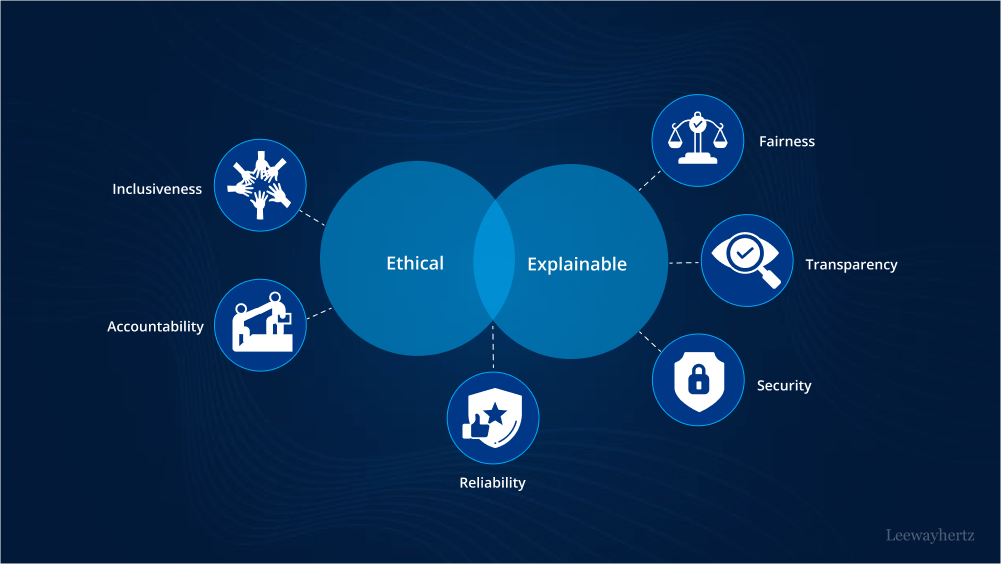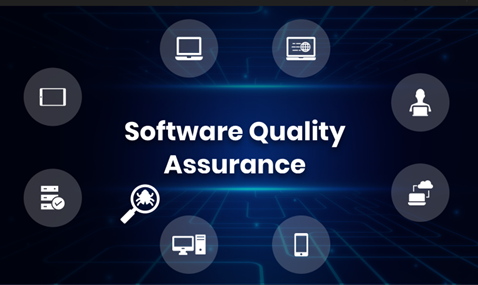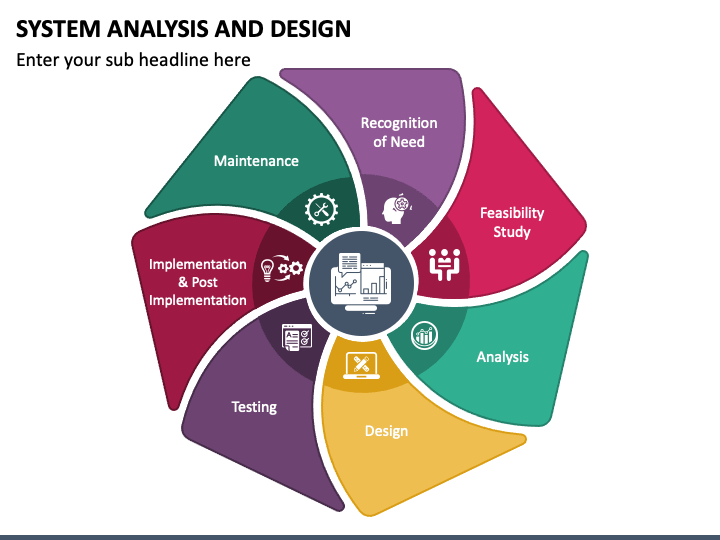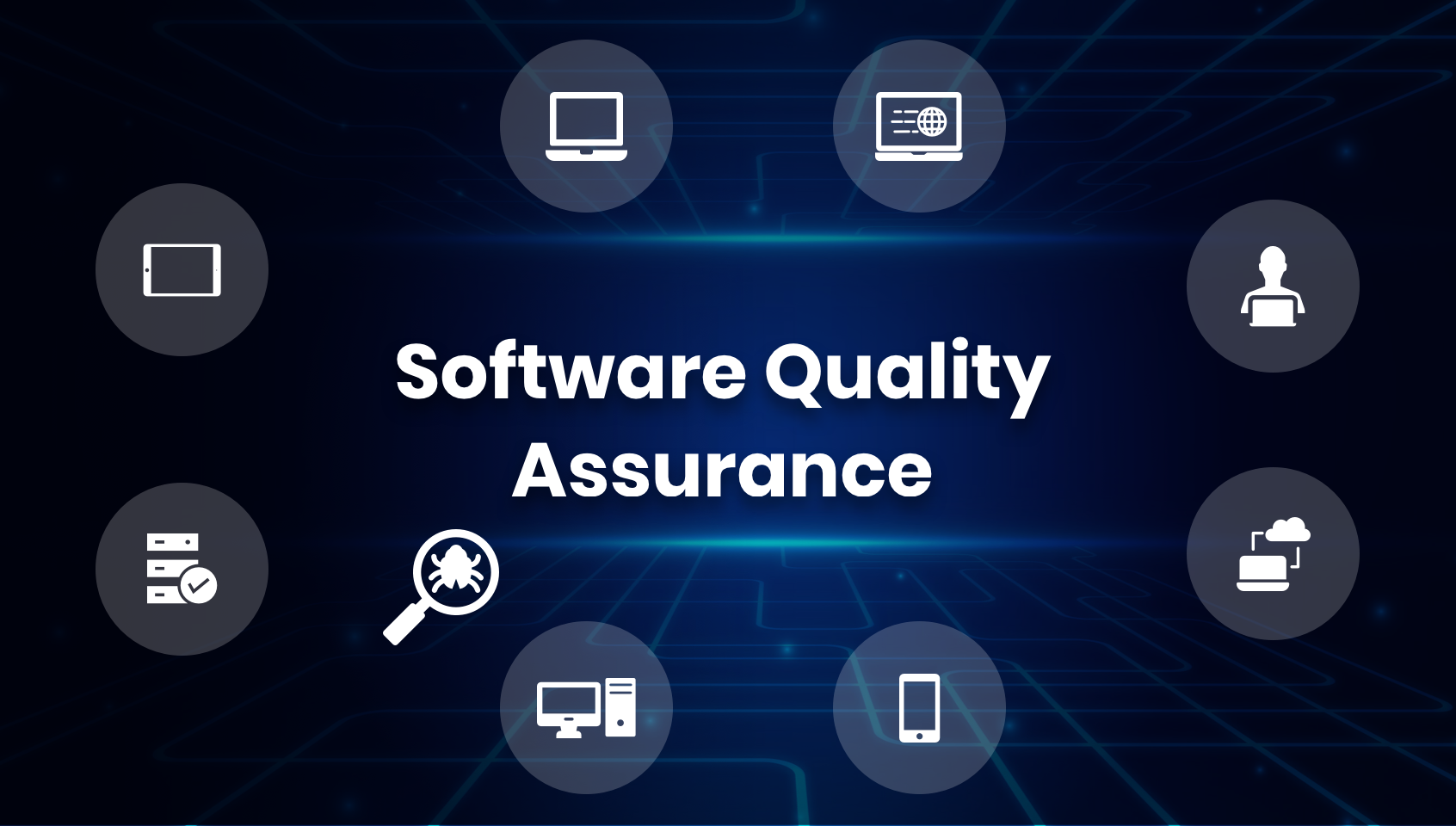
This module develops an understanding of the professional and legal constraints within which computing specialists operate. The module operates using a ‘discursive’ environment where you will be confronted with the social and ethical issues of using technology, considering both regional and global trends and perspectives. Skills learnt will include how to communicate your work effectively keeping in line with the process and standards to be adhered to as a Professional in Computing Field. The module helps to develop a mature attitude to working as an ethical, sustainability aware, computer or information systems professional as well as build upon your undergraduate research skills through the introduction and application of advanced techniques to support you in your professional practice.
- Teacher: Eugen Harinda
- Teacher: Mansoor Ihsan
- Teacher: Ibtisam Mogul
- Teacher: Francis Morrissey

This module develops an understanding of the professional and legal constraints within which computing specialists operate. The module operates using a ‘discursive’ environment where you will be confronted with the social and ethical issues of using technology, considering both regional and global trends and perspectives. Skills learnt will include how to communicate your work effectively keeping in line with the process and standards to be adhered to as a Professional in Computing Field. The module helps to develop a mature attitude to working as an ethical, sustainability aware, computer or information systems professional as well as build upon your undergraduate research skills through the introduction and application of advanced techniques to support you in your professional practice.
- Teacher: Aamir Abbas
- Teacher: Irum Feroz
- Teacher: Ibtisam Mogul
- Teacher: Francis Morrissey

This module explores characteristics of Quality from the context of Software Engineering and the risks which arise when insufficient focus is given to this area. A myriad of conventional and contemporary testing strategies will be explored in practice to firmly ground capability in this area. Learning from preceding modules such as Unit Tests introduced while developing applications using the Object Oriented paradigm will be consolidated and furthered. The following GAME attributes are included in the module: Resilient, Adaptable, Collaborative
- Teacher: Ibtisam Mogul

Most computer systems are part of a greater information system focused on the needs of an organisation. It is therefore important that an organisation’s processes, needs and objectives are understood by IT professionals allowing appropriate systems to be designed and implemented. This module covers the approaches by which such factors can be investigated, modelled and understood. In this module the systems analysis and design stages of systems development are addressed. It is focused on the early aspects a systems development and covers such topics as: information gathering, system analysis, requirements specifications and systems design. In this module you will develop the capability to analyse a variety of systems based upon several different case studies using structured methods, to produce requirement specifications and to design appropriate solutions. This module builds up the necessary analysis and design skills which can then be applied to developing a given solution, some of these design skills are covered in more depth which were covered in the HE4 Programming Module, new skills learnt will link to future modules such as Applied software Engineering, Agile Programming and Software Quality Management. The following GAME attributes are included in this module: Self-Aware, Collaborative, Lifelong Learner
- Teacher: Abayomi Arowosegbe
- Teacher: Ibtisam Mogul

This module develops an understanding of the professional and legal constraints within which computing specialists operate. The module operates using a ‘discursive’ environment where you will be confronted with the social and ethical issues of using technology, considering both regional and global trends and perspectives. Skills learnt will include how to communicate your work effectively keeping in line with the process and standards to be adhered to as a Professional in Computing Field. The module helps to develop a mature attitude to working as an ethical, sustainability aware, computer or information systems professional as well as build upon your undergraduate research skills through the introduction and application of advanced techniques to support you in your professional practice.
- Teacher: Abayomi Arowosegbe
- Teacher: Eugen Harinda
- Teacher: Pradeep Hewage
- Teacher: Mansoor Ihsan
- Teacher: Ibtisam Mogul
- Teacher: Francis Morrissey

Most computer systems are part of a greater information system focused on the needs of an organisation. It is therefore important that an organisation’s processes, needs and objectives are understood by IT professionals allowing appropriate systems to be designed and implemented. This module covers the approaches by which such factors can be investigated, modelled and understood. In this module the systems analysis and design stages of systems development are addressed. It is focused on the early aspects a systems development and covers such topics as: information gathering, system analysis, requirements specifications and systems design. In this module you will develop the capability to analyse an existing transaction processing system using structured methods, to produce requirement specifications and to design appropriate solutions. The following GAME attributes are included in this module: Effective Communications, Collaborative
- Teacher: Ibtisam Mogul
This module introduces the students to the key ethical and regulatory issues associated with advanced computing and data analytics technologies artificial intelligence, as well as to the methods of analysis of those issues used in ethics and in law. The focus of the module is on the current state of the art in the applications of data analytics and artificial intelligence (in particular: of machine learning), with smaller emphasis on hypothetical future developments. The module makes use of the case study method to introduce students to ethical and regulatory (legal) questions through discussion of relevant major incidents from recent years. The module helps students develop their thinking on how to translate abstract ethical (and regulatory) requirements of fairness, explainability or privacy into engineering and business practice.
- Teacher: Abayomi Arowosegbe
- Teacher: Eugen Harinda
- Teacher: Ibtisam Mogul

